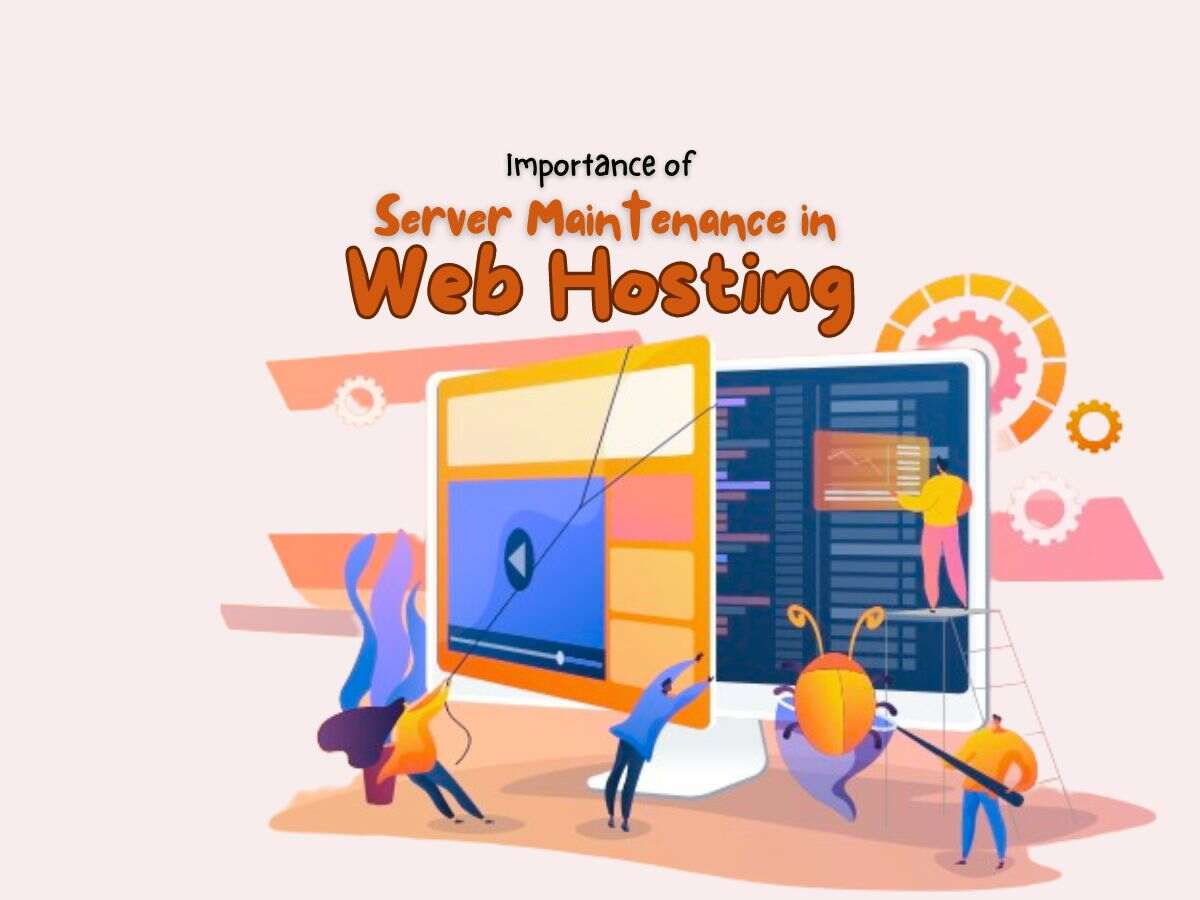
Importance of Server Maintenance in Web Hosting
Running a successful website is not just about great content or design, but also about the behind-the-scenes activities that keep your site up and running efficiently. A core part of such activities is server maintenance, which can make a significant difference in your site’s performance, security, and reliability. This post explores the importance of server maintenance in web hosting and provides useful insights into the process.
What does Server Maintenance Include?
Before delving into the significance of server maintenance, let’s establish what it includes:
1. Updating Software and Hardware: Servers need regular software updates, including the operating system, control panel software, and server-level applications. Hardware updates are equally important, ensuring your server uses the latest technology for optimal performance.
2. Monitoring Server Performance: Ongoing assessment of server performance can help identify potential issues before they become problematic. This includes tracking system resources like CPU usage, disk space, and memory usage.
3. Backup Verification: Backups should not only be regular but also validated to ensure data can be correctly restored if needed.
4. Fault Tolerance Testing: This involves checking the system’s ability to continue operations when part of the system fails.
Why is Server Maintenance in Web Hosting Important?
Let’s now discuss why regular server maintenance is crucial in the context of web hosting:
1. Ensuring Optimal Performance
Regularly updated servers run smoother and faster. By keeping software and hardware up-to-date, servers use resources more efficiently, positively affecting site speed, uptime, and overall performance.
2. Preventing Data Loss
Regular server maintenance includes backups and verifications. Ensuring you have regular, uncorrupted backups is key to preventing data loss due to server issues.
3. Early Problem Detection and Mitigation
Regular maintenance means you’re regularly checking the health of your server. This allows you to spot issues early and fix them before they escalate into significant problems leading to downtime or data loss.
4. Reducing Downtime
With regular maintenance, servers are less likely to suffer unexpected failures. This leads to less downtime and higher website availability, providing a better user experience and maintaining your online business operations.
Conclusion
Server maintenance is an integral part of ensuring your website delivers optimal performance and provides a secure environment for your users. By regularly updating and monitoring your server, you will not only protect your digital presence but also maintain a dependable, efficient website that’s ready to grow with your needs. Ultimately, server maintenances is a proactive step towards nurturing your online success.







